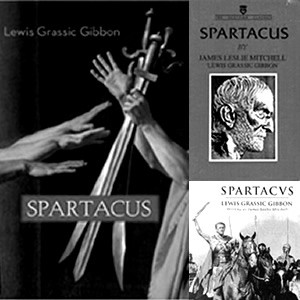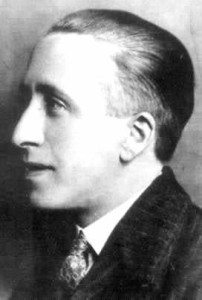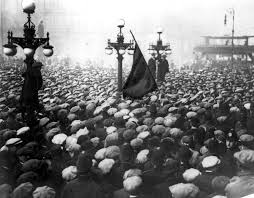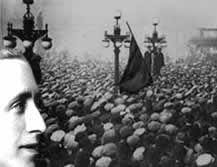Description
 Read Lewis Grassic Gibbon’s Spartacus (1933). This fictionalized account of the most famous ancient slave revolt does not draw explicit comparisons with British life in the early 1930s, and even avoids using the word ‘class’. But the consistent use of the term ‘the Masters’ to allude to the Romans would have made it impossible in the 1930s for readers not to draw their own transhistorical parallels.
Read Lewis Grassic Gibbon’s Spartacus (1933). This fictionalized account of the most famous ancient slave revolt does not draw explicit comparisons with British life in the early 1930s, and even avoids using the word ‘class’. But the consistent use of the term ‘the Masters’ to allude to the Romans would have made it impossible in the 1930s for readers not to draw their own transhistorical parallels.
Gibbon’s real name was James Leslie Mitchell (1901-1935). A poor boy from a farm in Kincardineshire in North-East Scotland, he became a convinced socialist during the Russian revolution as a reporter in Glasgow. After serving in the RAF, he wrote the novel, with the considerable input of his wife Rebecca. She sat in the British Museum ‘sifting through the main classical sources of the writings of Appian, Plutarch and Sallust.’ The novel draws extensively on Plutarch’s Life of Crassus and uses specialist terminology relating to the Roman army.

A leading character is Kleon, a maimed Greek slave-intellectual who plans that the revolt will produce a new utopian republic with its own constitution, the Lex Servorum, ‘Slave Law’. He is constantly reading Plato on the march, and becomes chief advisor to the Thracian gladiator. The slaves are international – Gauls and Germans as well as Thracians, Greeks and Jews. Gibbon describes a scene of snowfall in Italy, to which men from different parts of the world, and accustomed to other climates, react quite differently: ‘The Negroes thought it salt and licked their hands … The Gaul and Teutone legions ceased their shivering … they pelted the Eastern and African slaves … the Northern men … were remembering the long winter nights by the Baltic.’
 Kleon describes how Spartacus grows in stature from ‘a wild, brooding slave who sought no better future than freedom in a Thracian forest to a General, a statesman.’ Spartacus becomes a proto-socialist or communist leader, who draws on the help of his philosopher colleague in their doomed attempt to win the war against their exploitative masters two thousand years before Mitchell campaigned on Red Clydeside.
Kleon describes how Spartacus grows in stature from ‘a wild, brooding slave who sought no better future than freedom in a Thracian forest to a General, a statesman.’ Spartacus becomes a proto-socialist or communist leader, who draws on the help of his philosopher colleague in their doomed attempt to win the war against their exploitative masters two thousand years before Mitchell campaigned on Red Clydeside.




